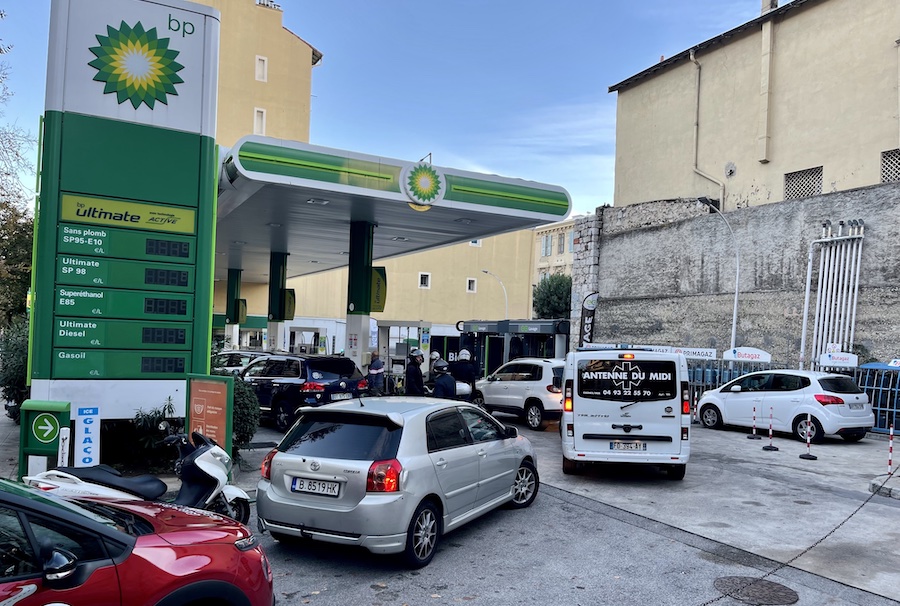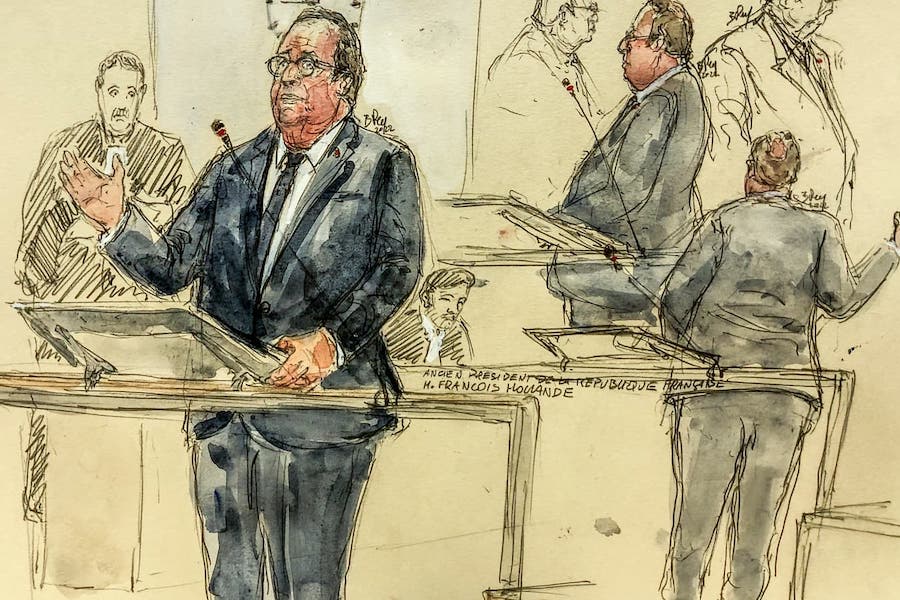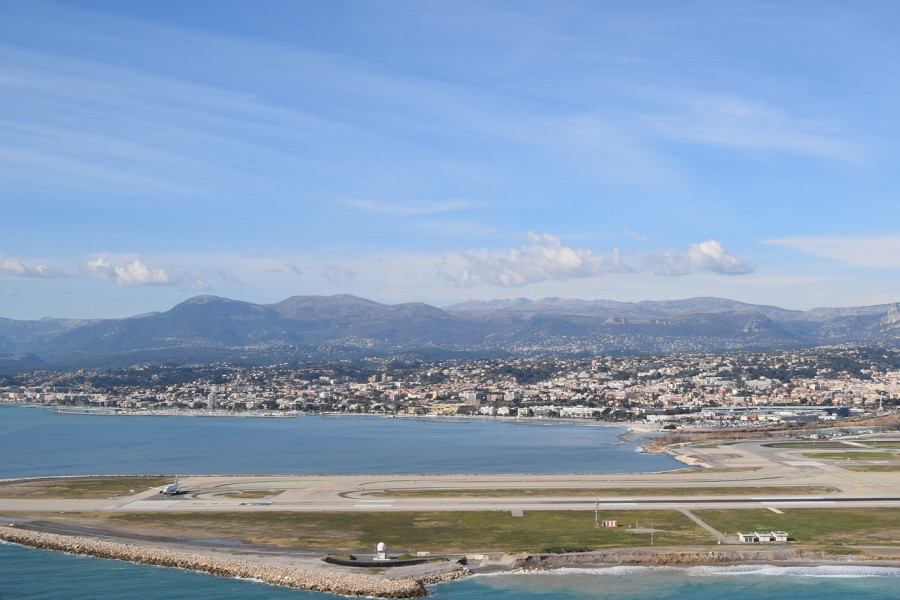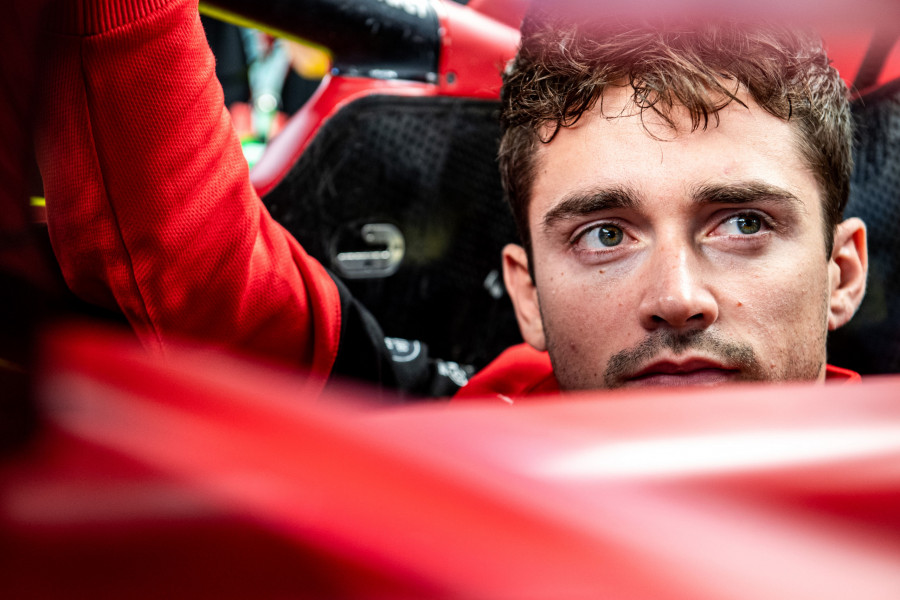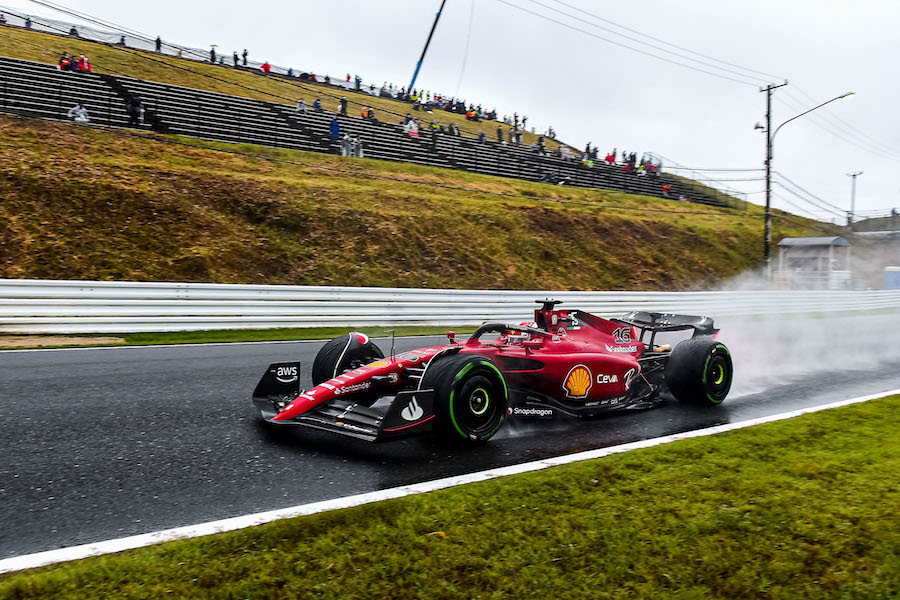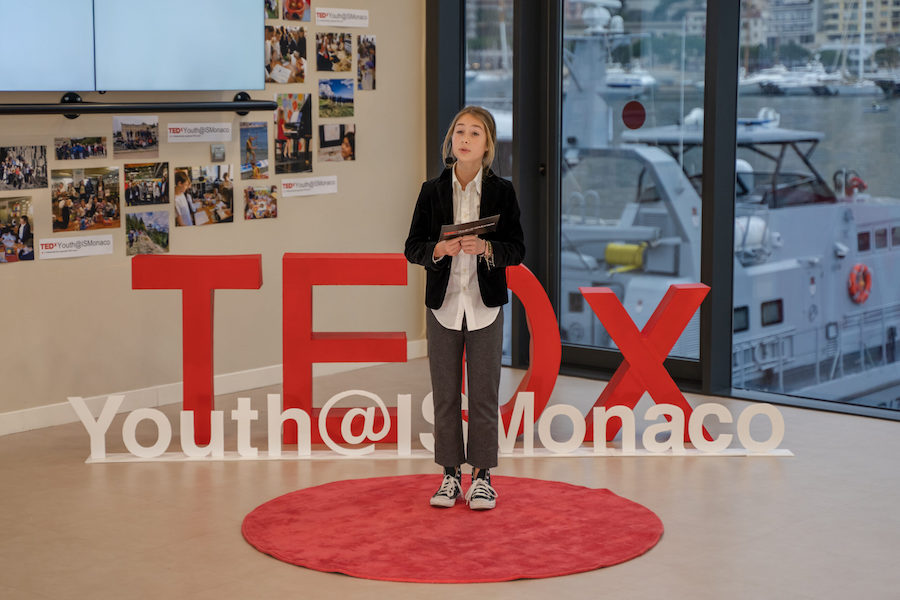The French government is threatening to intervene to unblock the country’s fuel depots that are being held for ransom by strikers who are demanding pay rises after record profits were announced by gas companies TotalEnergies and ExxonMobil’s.
Long lines and shortages of supply are the hallmarks of France’s current situation at the pumps. The problem is not an actual lack of petrol, but an inability to get gas to the stations as workers at several of the nation’s refineries continue striking for better pay.
This comes on the heels of an announcement that, after a global surge in energy prices, France’s TotalEnergies group has made a staggering €8 billion dividend pay-out, as well as “special” dividends to investors. Total’s workers are demanding a 10% pay rise to offset the cost-of-living increase as well as to get their share of the pie.
The talks, which have been going on for two weeks, have stalled, and the government is now pressuring the company and the unions to sort it out and end the strike immediately.
ExxonMobil has also seen strike action, with wage talks going on for several weeks, but which were settled on Monday.
Budget Minister Gabriel Attal blamed hard-left union CGT, which has been leading the strikes. “The heart of this problem is the blocking of refineries and fuel depots by the CGT, which wants to have a number of discussions on wages,” Attal told FranceInter radio. “It has been a nightmare weekend for millions of motorists.”
On Tuesday, Minister Delegate for Relations with Parliament and Citizen Participation Olivier Veran told RTL,“We are doing everything we can to put an end to this situation,” adding that there is the possibility of making requisitions or reopening access to depots.
“The government is calling for all the blockages to be lifted without delay. Otherwise, we will take matters into our own hands, that is to say, we may have to lift them,” he said, adding “the CGT continues to call for blocking,” which “we consider excessive and abnormal.”
The spokesman went on to say that the government has had enough and threatened that it could “unblock, reopen access to depot centres and refineries, and then requisition the appropriate personnel to be able to allow the situation to normalise.”
Even President Macron got in on the show, telling reporters in a thinly-veiled attack on strikers that “Blockage is not a way of negotiating. Salary negotiations are legitimate … but they have to find a solution so that, somehow, our compatriots are not their victims.” He also noted that it’s not the government’s responsibility to find a compromise between oil companies and trade unions.
The hope is that things will be back to normal by the upcoming All Saint’s holiday.
For their part, Total has proposed moving forward annual wage talks from mid-November to now, in line with CGT demands. The company’s CEO said last week that the “time has come to reward” their workers but had not set solid dates to start negotiations.
The refinery strikes have seen France’s output slashed by over 60% and have prompted the government to extraordinary measures such as allowing fuel trucks to make Sunday deliveries to help alleviate pressures on the pumps.
Photo by Monaco Life
